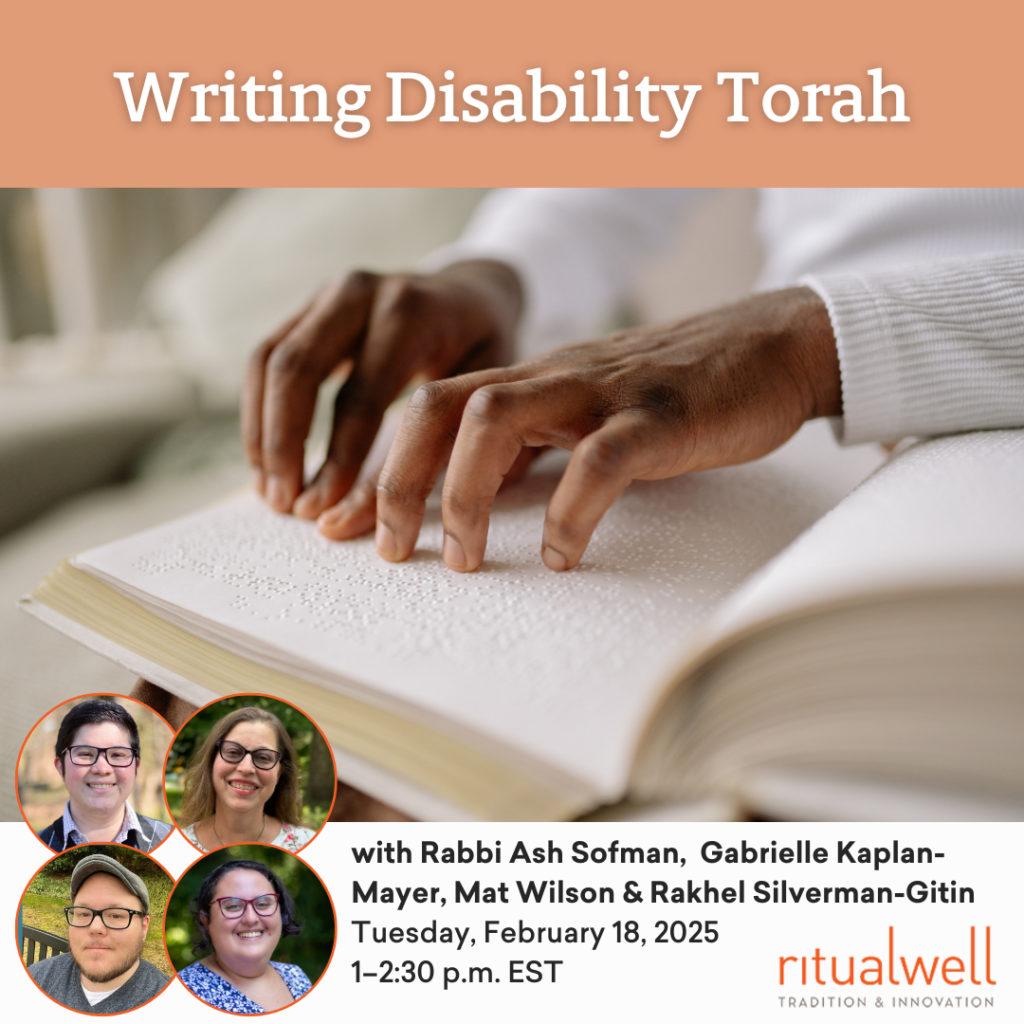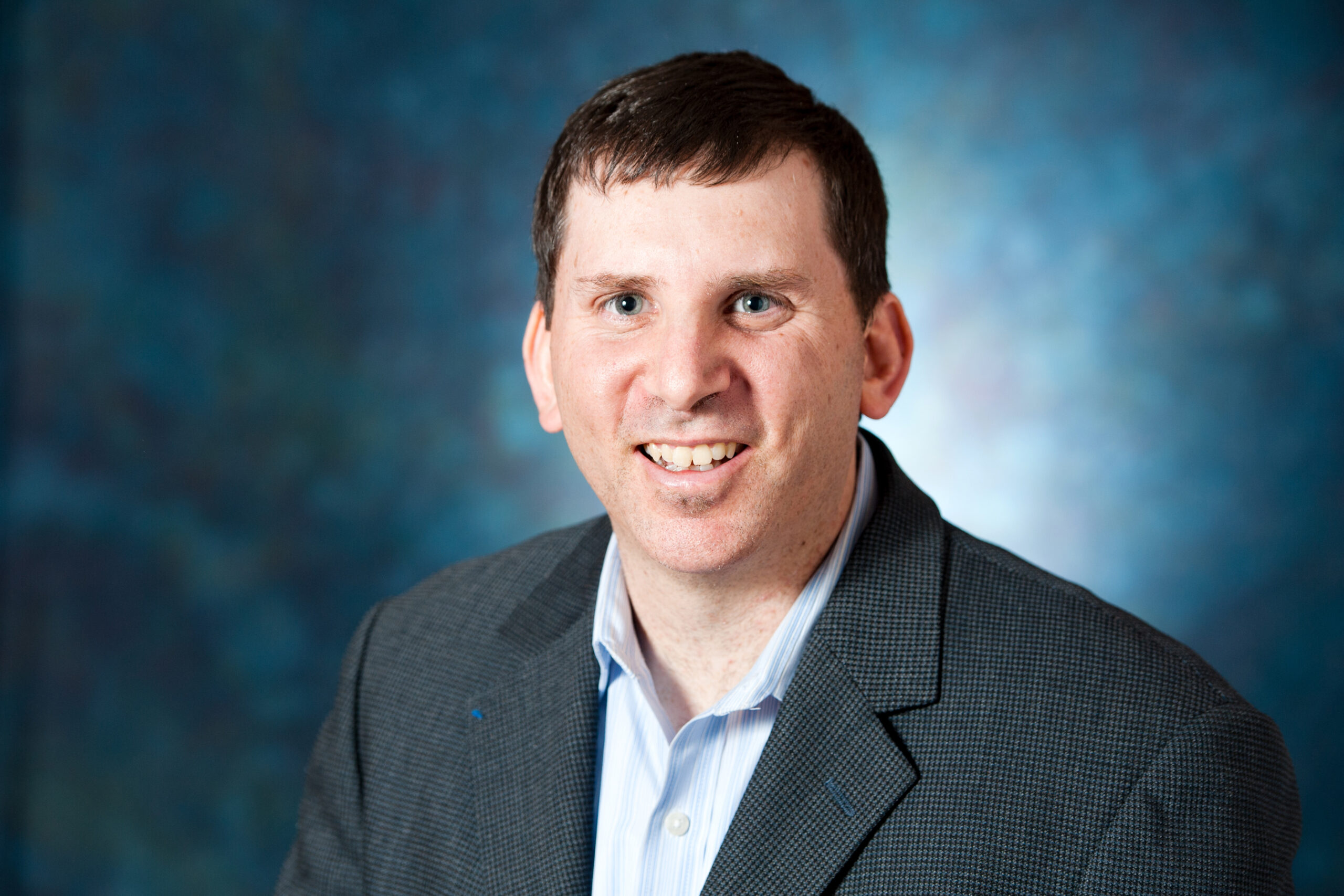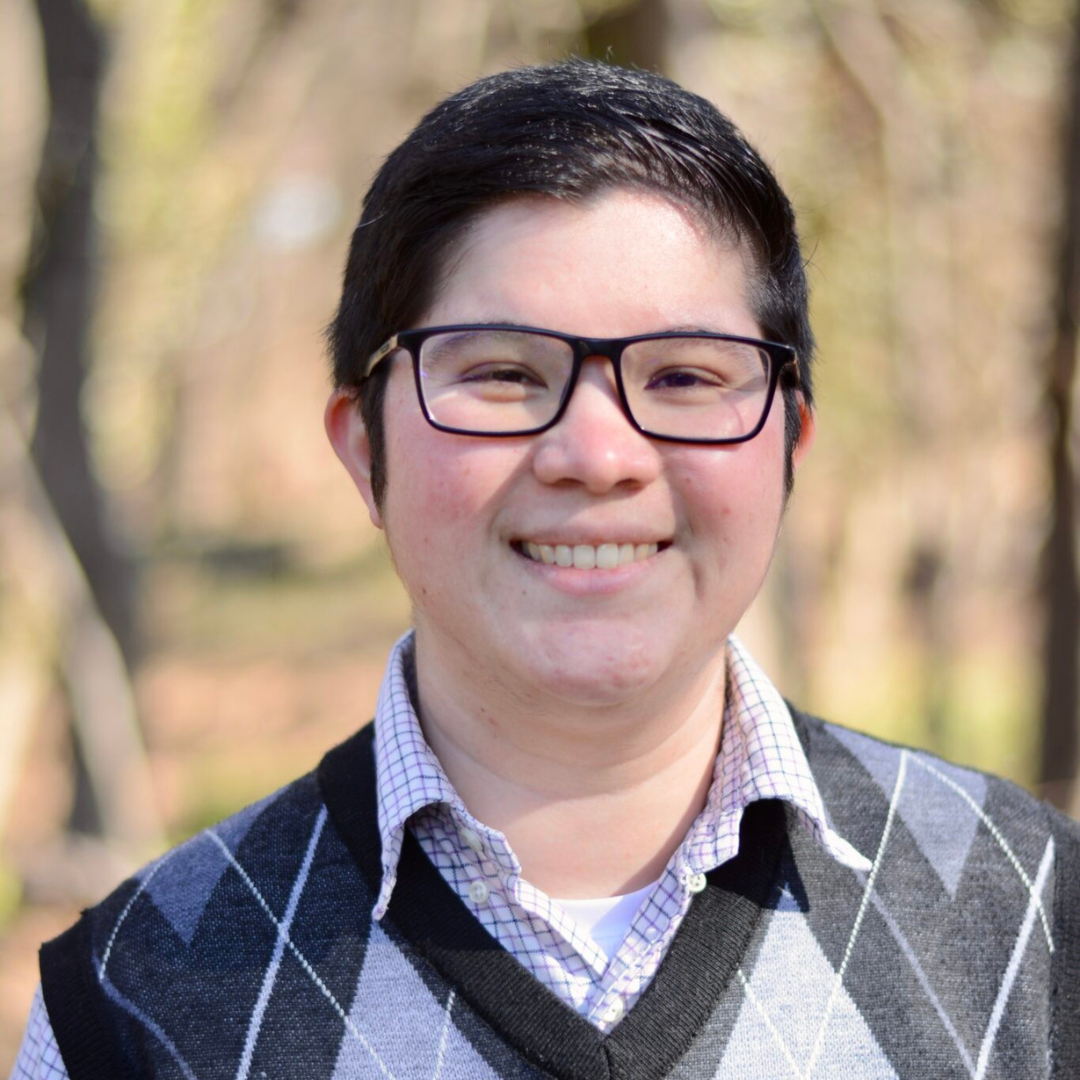Rabbi Asher Sofman, RRC ‘23, is Reconstructing Judaism’s inaugural justice, equity, diversity and inclusion (JEDI) coordinator. Sofman (he/him) is passionate about disability inclusion, which is part of his portfolio. Last year, for Jewish Disability Awareness, Acceptance and Inclusion Month (JDAIM) he spearheaded a social media campaign featuring Reconstructionist congregations.
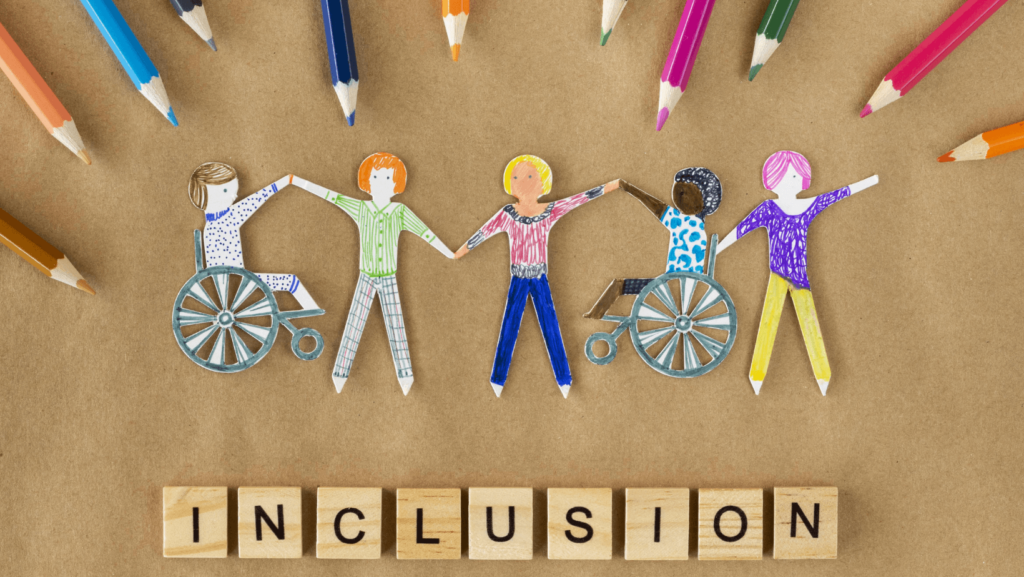
As JDAIM 2025 got underway, he sat down with his Reconstructing Judaism colleague, Bryan Schwartzman, to talk about inclusion work and what the organization has planned this year. The following interview has been edited for length and clarity.
Bryan: What is Jewish Disability Awareness, Acceptance and inclusion Month (JDAIM) and why is it important?
Rabbi Asher: It’s a month in which Jewish congregations, communities, organizations and individuals pay particular attention to those of us with disabilities. We can begin or renew our efforts to ensure that our communities do not inadvertently exclude anyone who wants to take part. JDAIM is a time we can devote to discovering barriers, assessing them realistically and finding ways to take them down together.
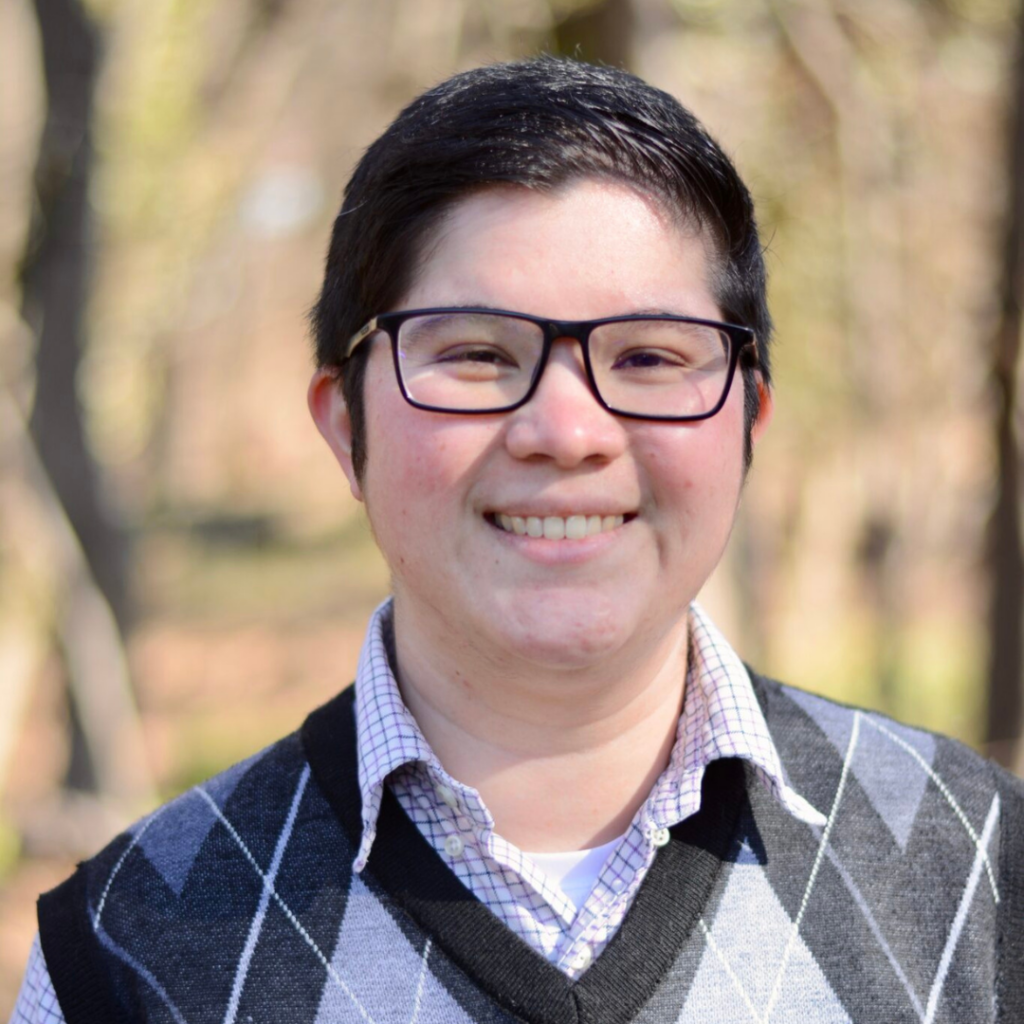
JDAIM is a time for celebrating togetherness, celebrating our diversity and the richness of human experience that we hold as a people.
Bryan: Is there a teaching in Jewish tradition you look to for inspiration when talking and thinking about disability inclusion?
Rabbi Asher: What comes to me often is something that I must have learned when I was six. And that’s hine ma tov u’ma naim from Psalms. How good it is and how pleasant to sit together. To be together. With brothers and sisters and kin. And I love that because it’s something that many of us learn so early. If second graders can do it, so can we.
Bryan: Can you talk about how Reconstructing Judaism might be marking JDAIM? And some of the work you’re engaged in?
Rabbi Asher: This year, Ritualwell and Reconstructing Judaism are co-hosting a program on Feb. 18 from 1 to 2.30 p.m. EST called “Writing Disability Torah.” We’ll hear from two RRC students who have received Auerbach Ignition Grants to expand the canon of disability Torah, Jewish wisdom through a lens of disability. The entire Jewish community and allies can be empowered, comforted, and spiritually nourished by disability Torah. (Note, registrants will receive Voices of Disability, a new booklet produced by Ritualwell.)
Disability awareness and inclusion is something that is built into some of the trainings that Reconstructing Judaism is offering. For example, “I’m offering training for congregational greeters that gives them tools to recognize and challenge bias, including biases about disability and race” (Stay tuned for dates and how to register.)
Bryan: Disability inclusion is such a big, potentially expensive task. Is there a guiding principle for how Jewish communities can approach this work?
Rabbi Asher: Yes, it is large. There are lots of different adaptations or accommodations that can make spaces more accessible to people with different disabilities. Thinking about it like that can be so overwhelming, particularly when money is involved.
But the real heart of it is empathy. We can see that this is a person whose human experience is different from my human experience. As long as we all remain open to learning from one another —to truly being together with one another — I think that ways forward become clearer. Being able to talk to other people and communities that have made changes makes any changes you have to make easier to tackle.
How good it is and how pleasant to sit together. To be together. With brothers and sisters and kin. And I love that because it's something that many of us learn so early. If second graders can do it, so can we.
Rabbi Asher Sofman
Bryan: Is there a sense of vulnerability in the disability community? If so, what might allies do?
Rabbi Asher: Yes, big time. People with disabilities of various types feel extremely vulnerable right now. Benefits and resources that were already difficult to access are becoming harder to access or are under threat of disappearing entirely.
What we can do right now as people and communities is work really hard on awareness, acceptance and inclusion. We need to focus on being in community, so that we don’t lose sight and lose hold of people.
We need to make sure that our brothers and sisters and siblings are with us. We need to let people know that their presence is valued, that all of our presence is valued and needed.
If we do, well, how good and how pleasant is that?

